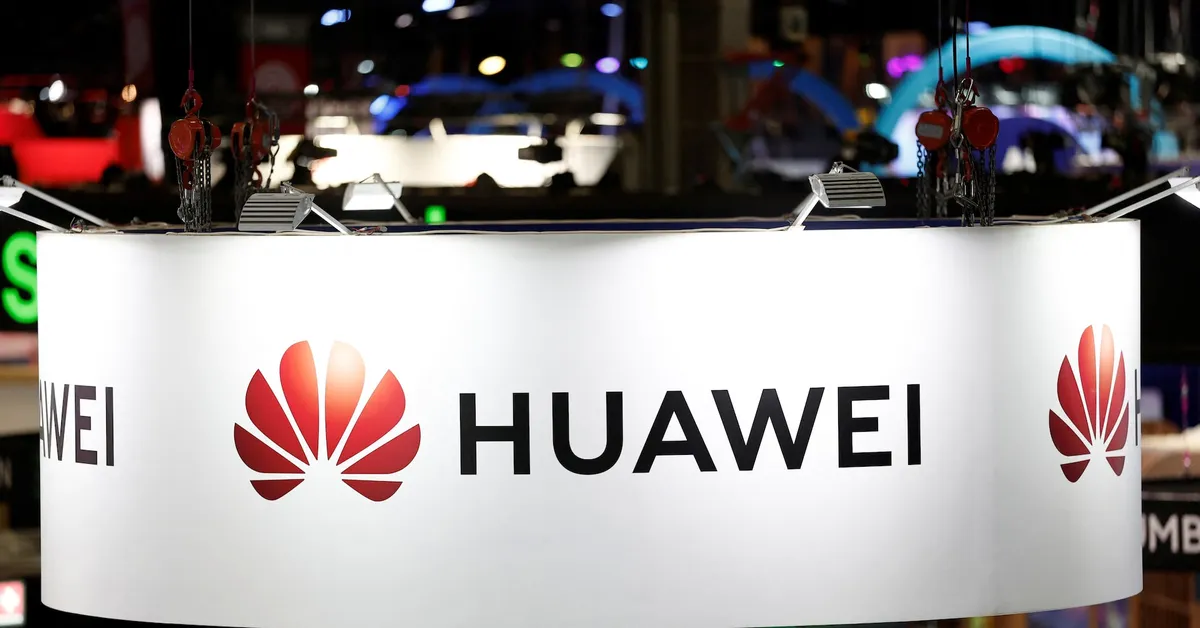
The recent inclusion of certain companies on the Taiwanese economy ministry's trade administration's strategic high-tech commodities entity list signifies a pivotal change in export regulations. Taiwanese companies are now required to obtain government approval before exporting any products to these designated firms. This updated list was made public on the ministry's trade administration website late Saturday, attracting attention from various stakeholders in the tech industry.
As of now, neither the companies involved nor the economy ministry has responded to requests for comments regarding this significant development, especially during the weekend when queries were submitted outside of regular office hours. This silence raises questions about the implications these changes will have on international trade and technological collaboration.
Taiwan, which faces territorial claims from China despite strong opposition from Taipei's government, has already established stringent chip export controls. These controls affect Taiwanese companies that either manufacture within the country or supply products to Chinese firms. The new regulations are expected to further tighten these restrictions, particularly in the context of sensitive technology transfers.
One of the companies at the center of these tensions is Huawei, a key player in China’s ambitions for artificial intelligence. Huawei has found itself on a U.S. Commerce Department trade list, which effectively prohibits it from obtaining U.S. goods and technology. This includes restrictions on foreign-made products, such as chips produced by companies like TSMC that utilize U.S. technology.
Last October, TechInsights, a Canadian technology research firm, conducted an analysis of Huawei's 910B AI processor and discovered a TSMC chip embedded within it. The 910B is recognized as the most advanced AI accelerator mass-produced by a Chinese company. Following this revelation, TSMC took proactive measures by suspending shipments to China-based chip designer Sophgo, whose chip was found to be identical to the one in Huawei's 910B. In November, the U.S. Commerce Department escalated its measures by ordering TSMC to halt additional shipments of chips to Chinese customers.
The Taiwanese government has consistently vowed to intensify its efforts against what it claims are attempts by Chinese companies, including SMIC, to engage in technology theft and lure chip talent away from the island. SMIC, being China's largest chipmaker, has significantly increased its investments to expand production capacity and bolster China’s domestic semiconductor capabilities, particularly in light of extensive U.S. export controls.
As the situation evolves, all eyes will be on how these new regulations and ongoing tensions between Taiwan, China, and the United States will shape the future of the global semiconductor industry. The implications for both trade and technological innovation remain to be seen.
For further insights and updates, stay tuned to our coverage. Sign up here to receive the latest news directly to your inbox.